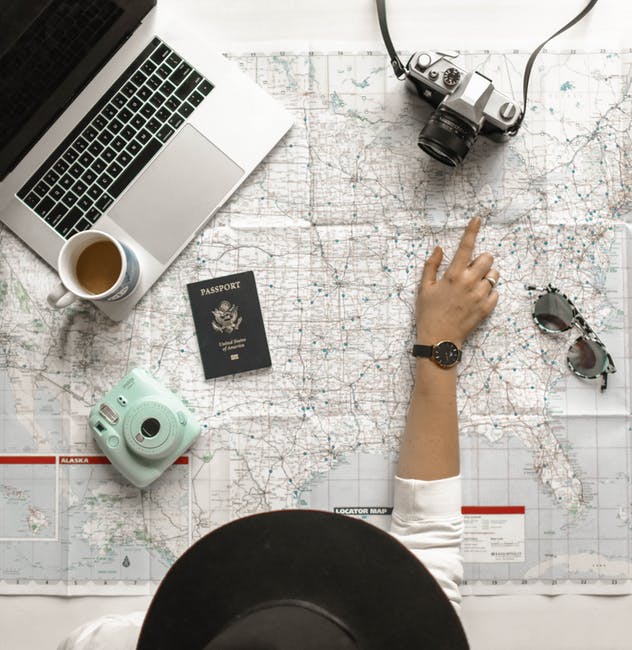
In case you’ve selected to go to a different country for plastic surgery, also know as cosmetic surgery tourism, there are many considerations to think about to minimise the risk of anything going wrong. Electing to have cosmetic or aesthetic plastic surgery overseas demands careful preparation and decision making based on facts.
1. Pick the Correct Procedure
Does the process you’re considering supply the improvements that you desire? Keep in the mind that surgery is not the solution for more profound or psychological disorders, but merely a physical change in appearance. When setting realistic expectations for plastic surgery, it’s essential to comprehend the improvements the process can offer. As an instance, you may be considering stomach liposuction when you need to find a healthier lifestyle. In another example, a breast lift will give you an enhanced look and confidence, but the belief may only be temporary so consider whether it is worth it.
Can you fully understand the process and potential complications? Be sure to know what the process involves revolving scars, recovery period and related dangers. Your doctor and their team also act as high-quality advisors who guide you along the way and recommend the best route for you.
Are you a fantastic candidate for the procedure you’re thinking of? Speak with the physician about your anticipated outcome to be sure it’s reasonable. It’s also critical for the surgeon to perform a health screening to ascertain whether you’re at risk for the complications. Some existing health conditions and lifestyle choices such as obesity and smoking can increase the risk of complications. Therefore, think about reducing the risk factors before commencing plastic surgery.

2. Pick Your Surgeon Carefully
What’s the physician’s training? Confirm the surgeon is educated and experienced in performing the procedure you’re thinking about. Ensure you are comfortable around them and that the doctor is clear about all the instructions involved. When looking at different surgeons, come up with a list of essential requirements and do best practice benchmarking to determine the best fit.
Do the essential employees at the physician’s office talk your language fluently? In case you can’t be readily known, be ready for complications. Communicating your needs and concerns is imperative to ensure that you can have a conversation with at least one staff member.
With whom are you communicating? You ought to be speaking directly with the physician’s staff along with the physician. Talking through a travel agent should be about the travel arrangements and not the procedure itself.
Have you assessed the physician’s references? Request names and contact information of individuals who’ve recently had comparable processes and contact them regarding their experience with the physician, their staff, aftercare centres and postoperative follow-up.
Contact the surgeon and request his/her safety record. The World Health Organization (WHO) developed a 19-question surgical safety record which, when employed, can decrease surgical complications and surgical deaths. This simple checklist may be utilised in an assortment of surgical settings without added expenses. Ask if your physician uses the WHO checklist.
Is the clinic licensed or certified? Ensure you request a certificate and name of the certifying body. There are different regulations in every country and ensure they are compliant with the most prominent institution in the country, or world-wide renowned organisations such as The International Society of Aesthetic Plastic Surgery.
3. Create a Plan
Does your private medical insurance policy cover you out of your own country? Most health insurance companies don’t include people for an operation performed out of their nation. With the development of medical tourism, international medical coverage is getting more prevalent. Request if the policy is available through your insurance broker.
Where are you going to stay as you recover? Patients should remain in the region where the operation was performed for a minimum of one week, based upon the process. Travelling too soon after surgery increases the probability of pulmonary embolism and blood clots. Figure out beforehand where you will remain and when this facility is well prepared to take care of your postoperative needs. You can book into a nearby hotel or resort as long as your doctor is nearby in case of postoperative complications. It is a good idea to have a family member or friend travel with you to help you in the days after surgery and accompany you along the journey.
What about issues and follow up maintenance? Even if surgery is suitably done, there may still be a possibility for complications. What physician will take care of you once you return home for those who have difficulties? Ensure you notify your GP about your surgery and bring back a detailed report.